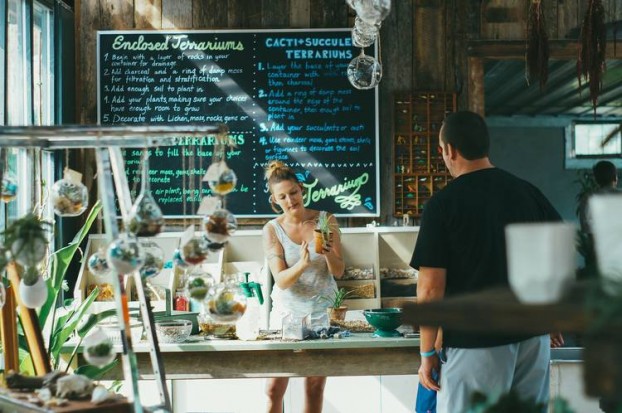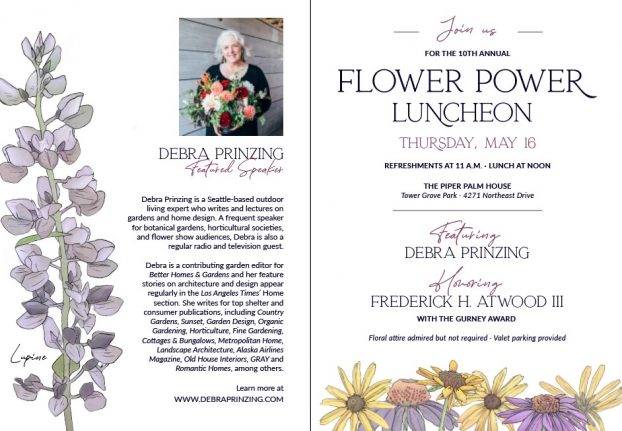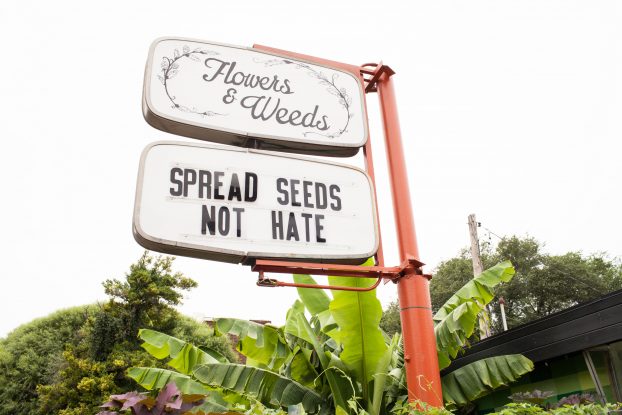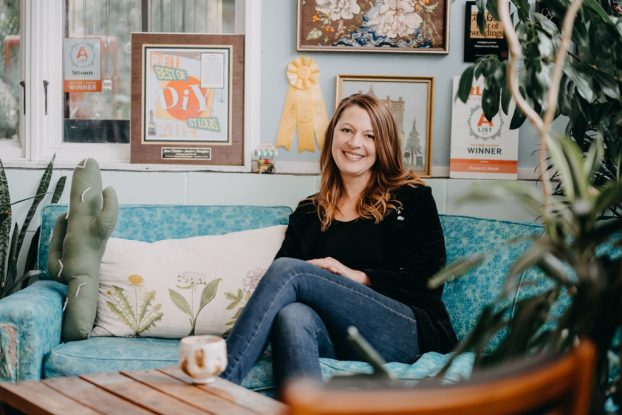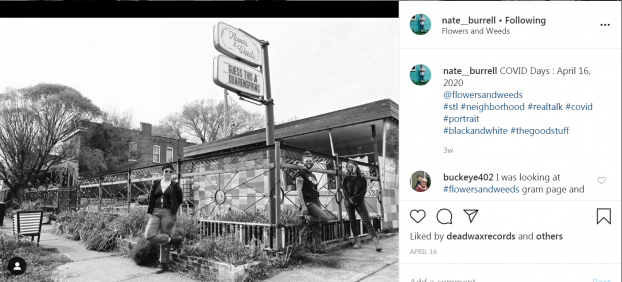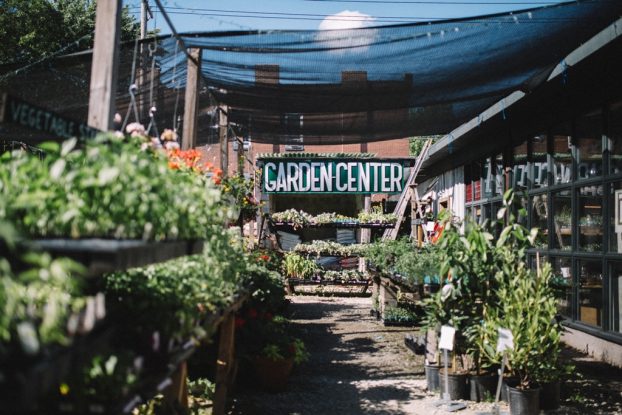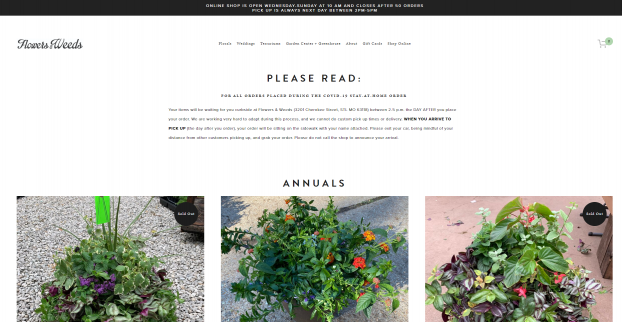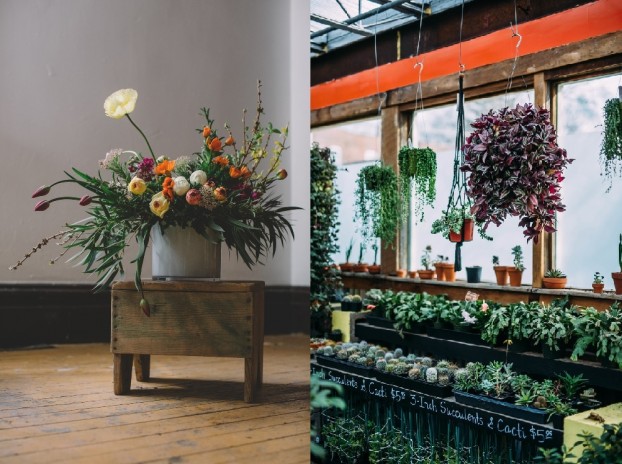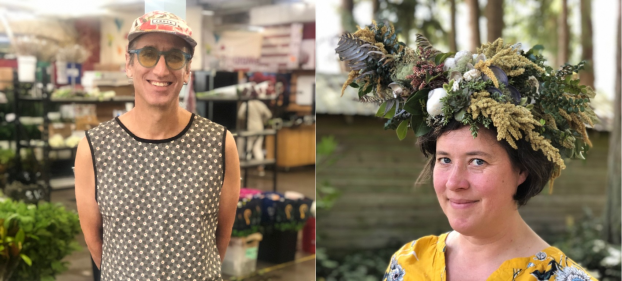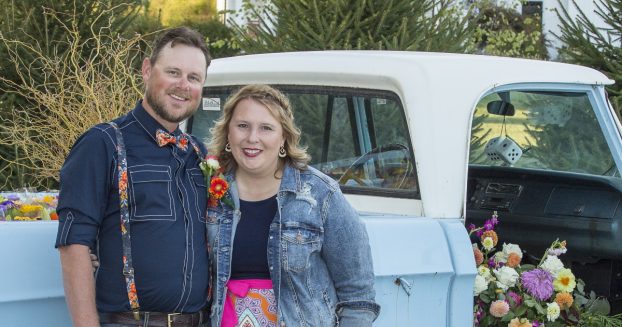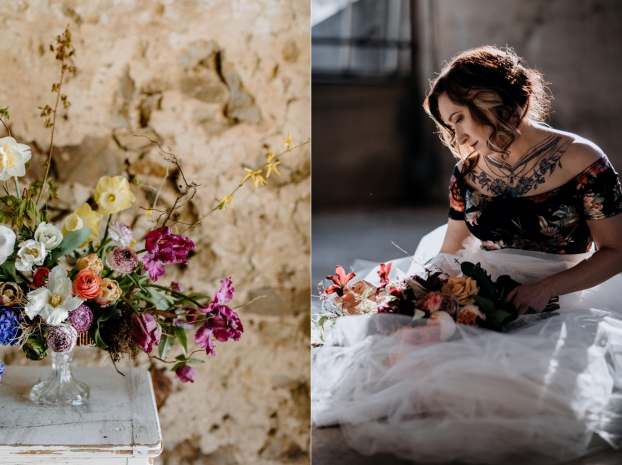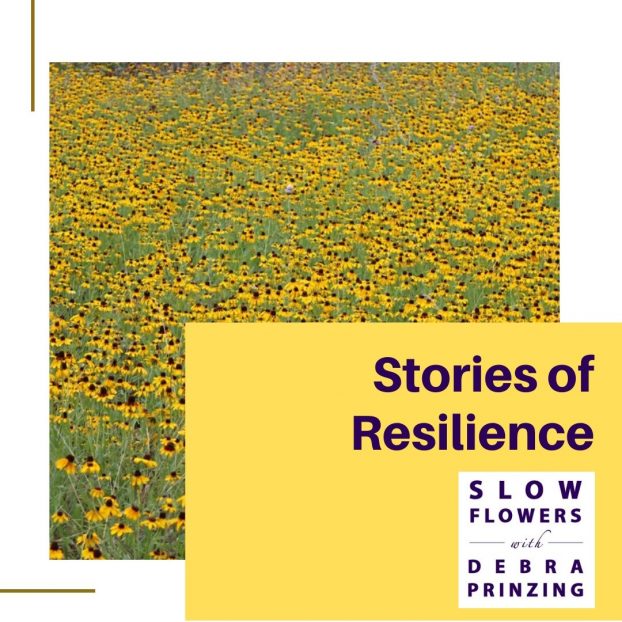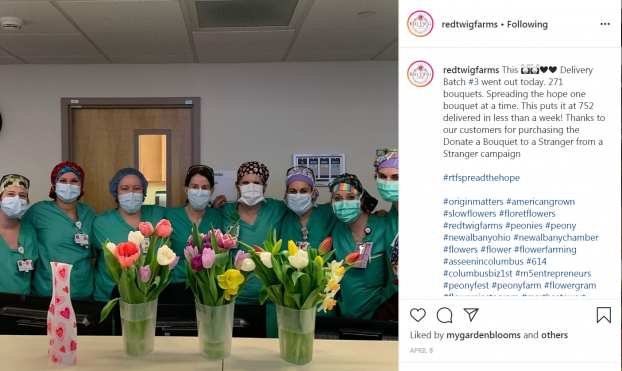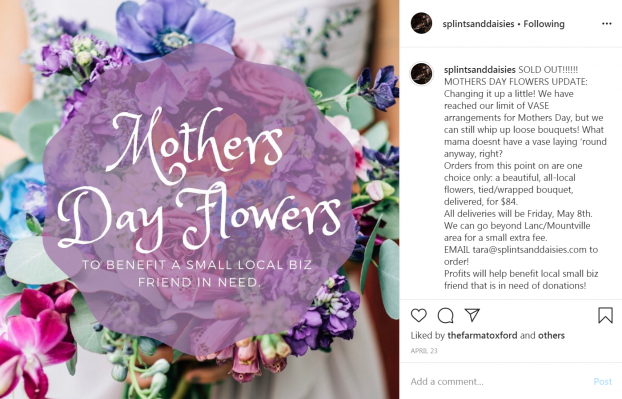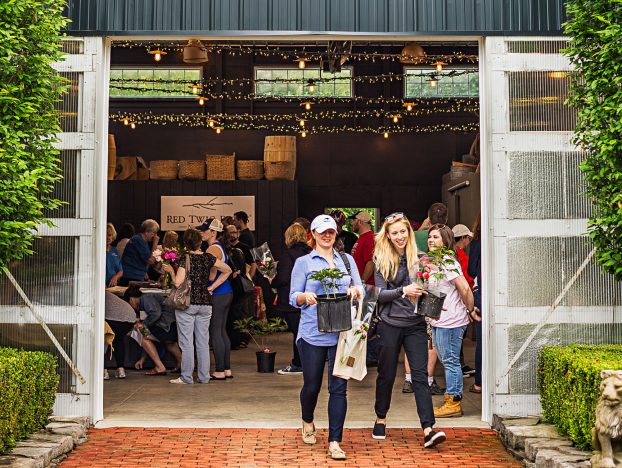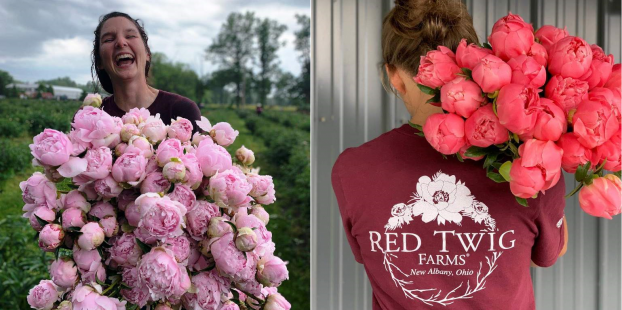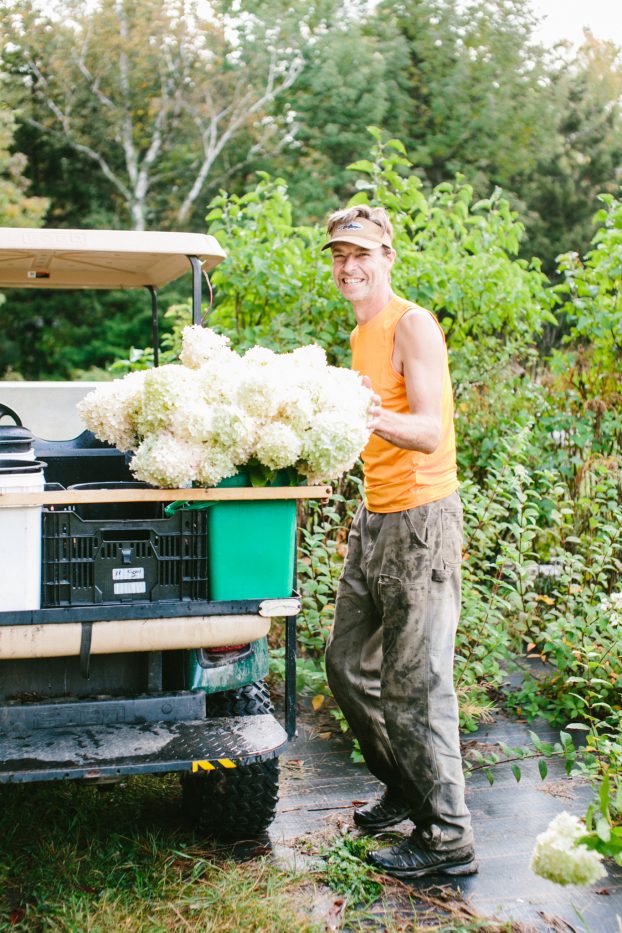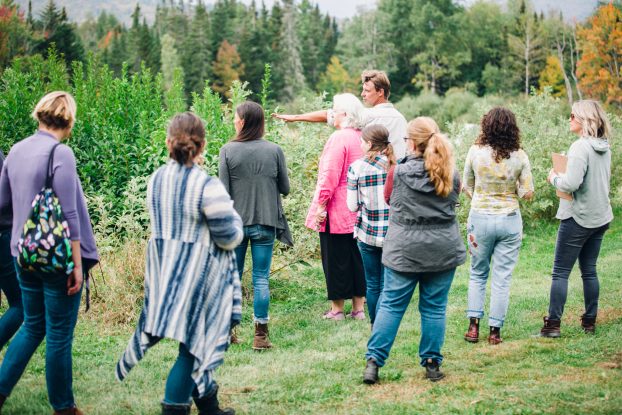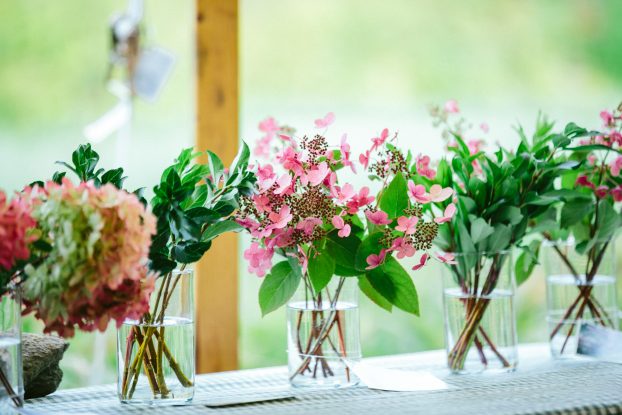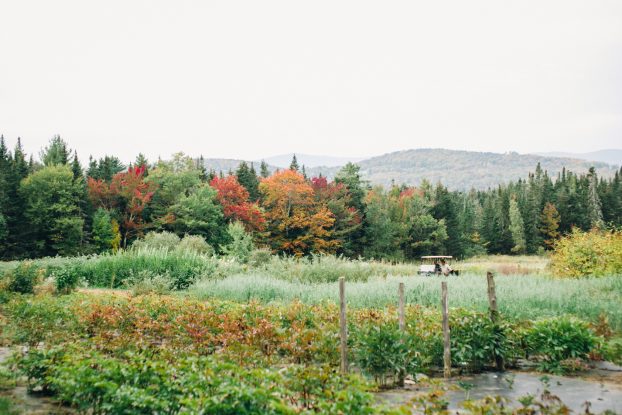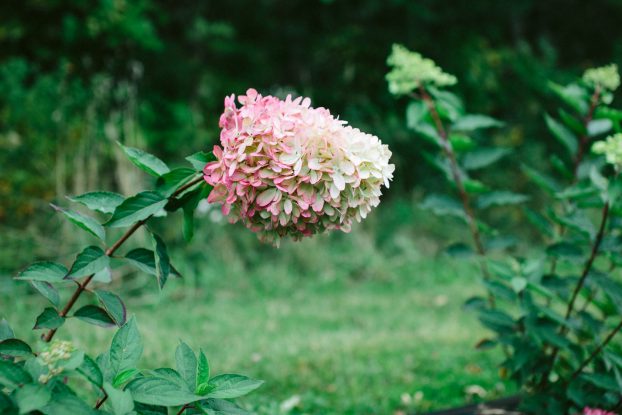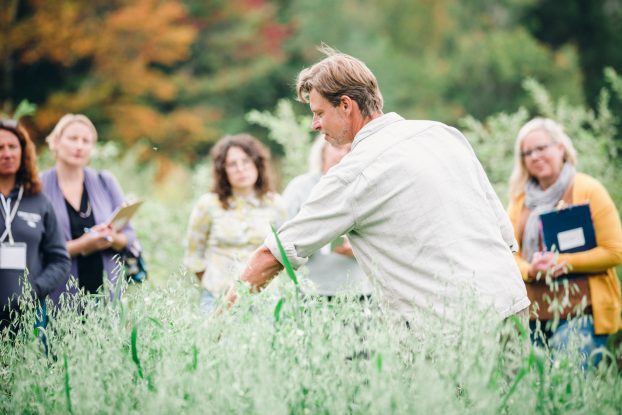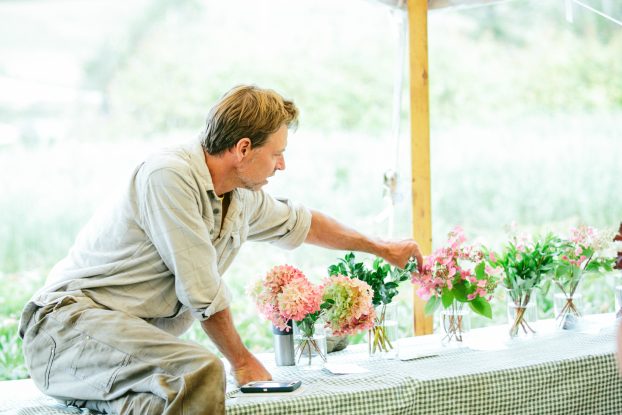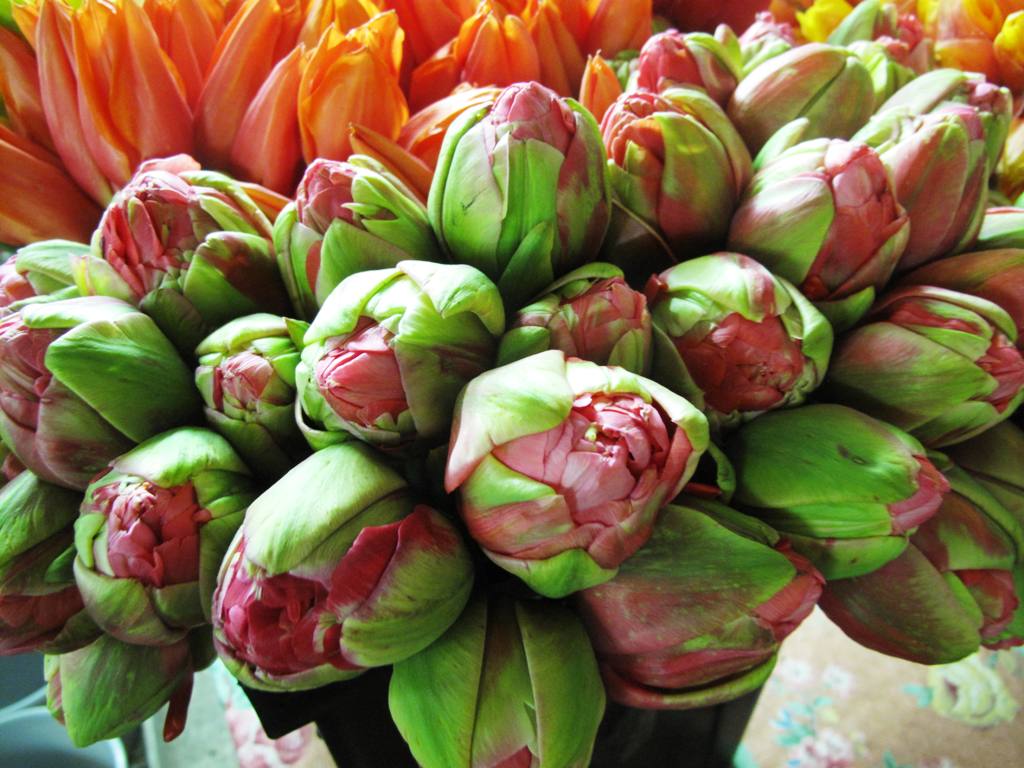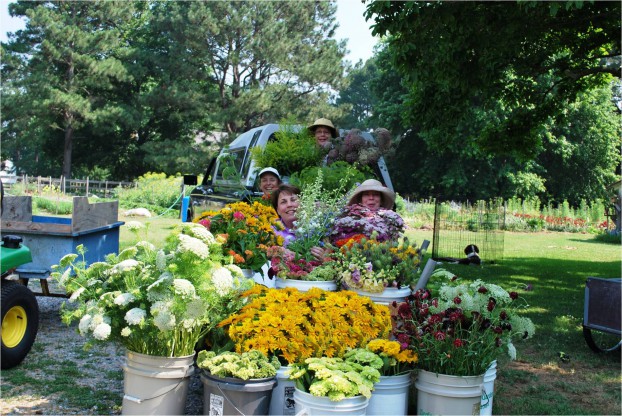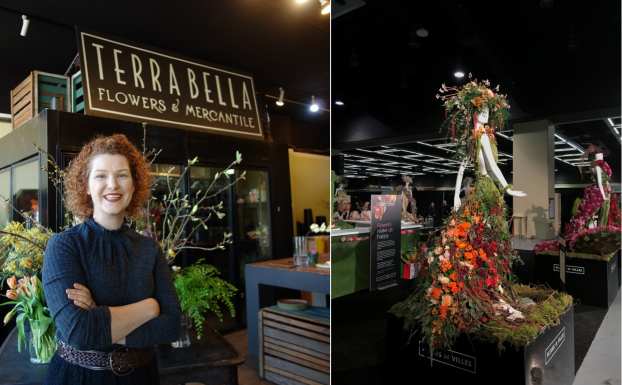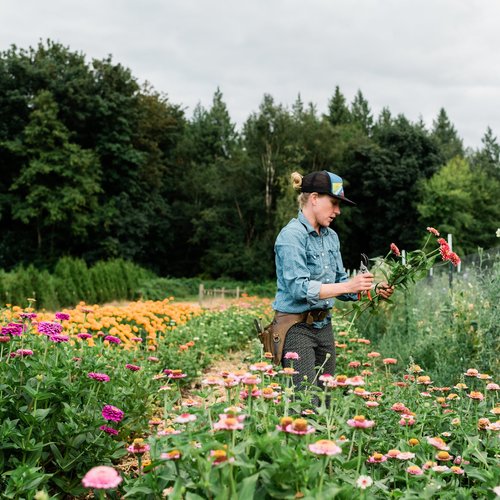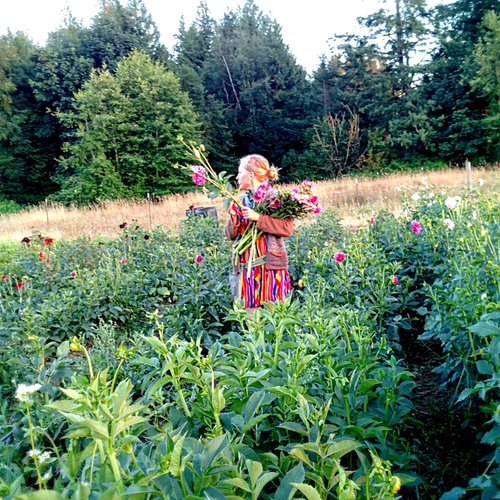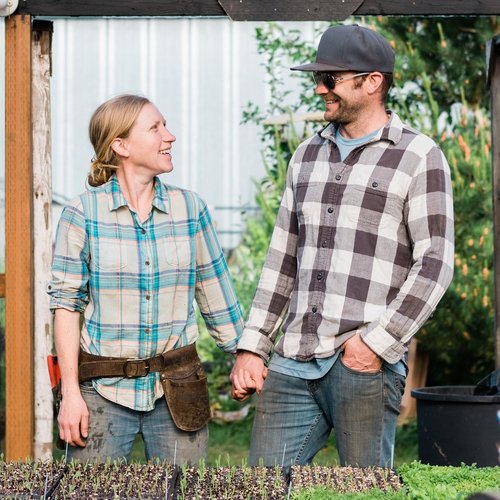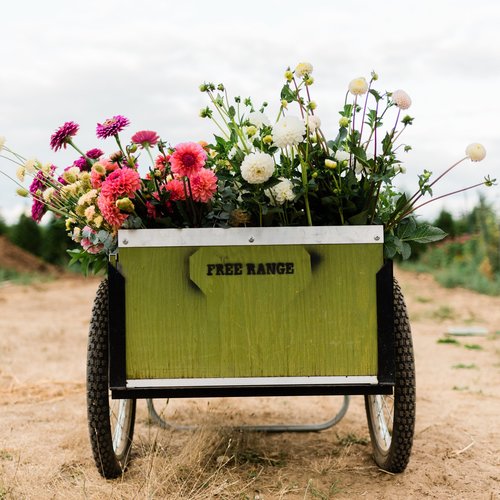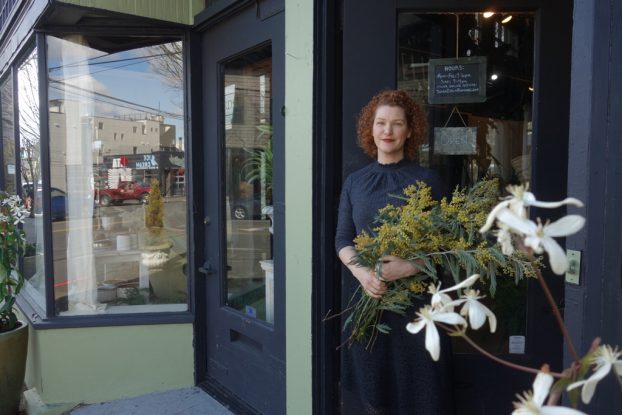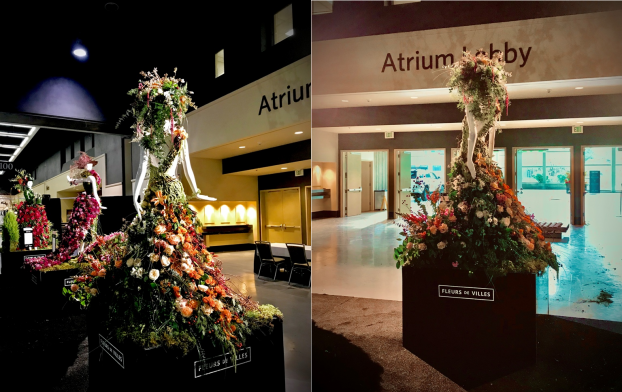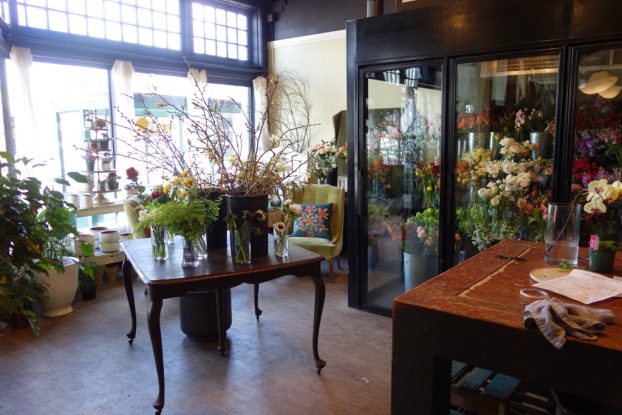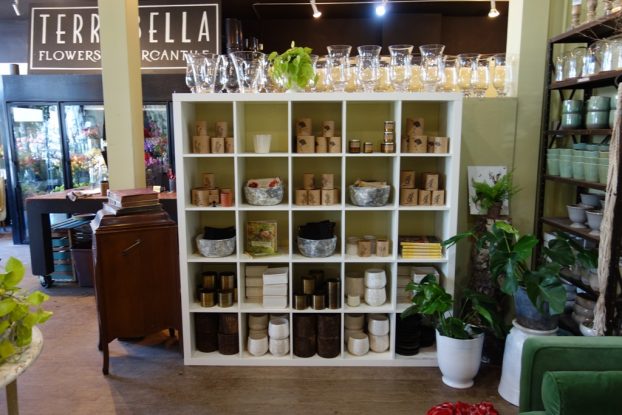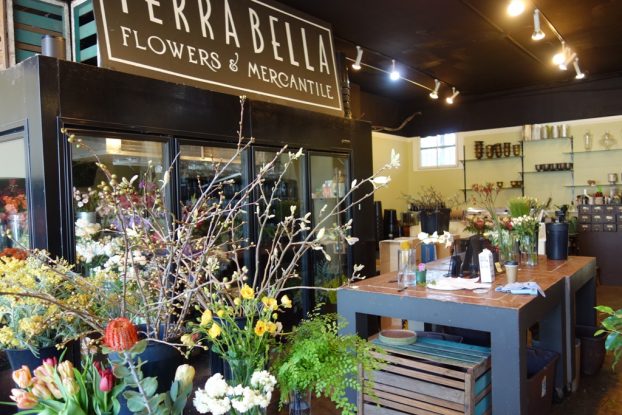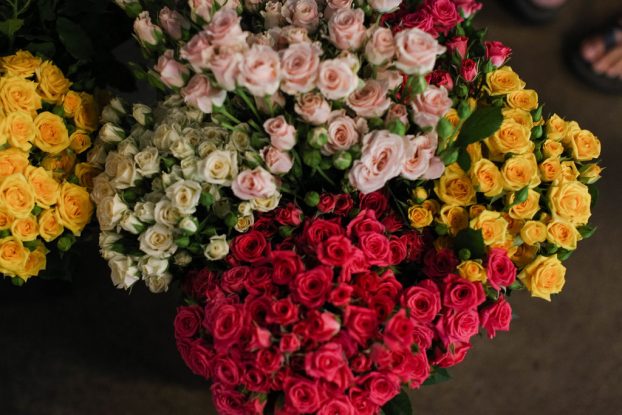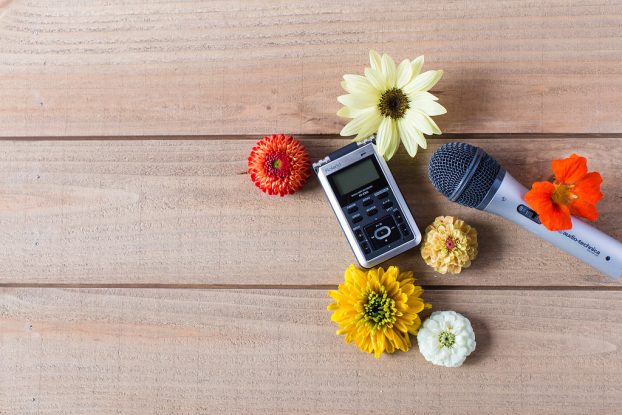Podcast: Play in new window | Download
Subscribe: Apple Podcasts | Podcast Index | RSS | More
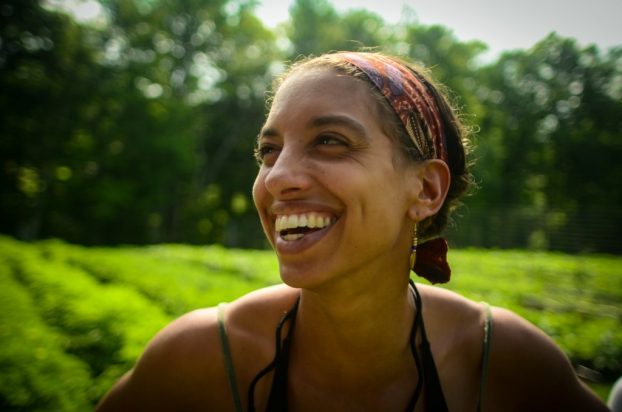
Today, we are celebrating the 7th Anniversary of the Slow Flowers Podcast. I want to take a moment and marvel at the significance and what this means to me — the significance of sharing so many wonderful conversations with listeners over the years, since launching this little project on July 23, 2103.
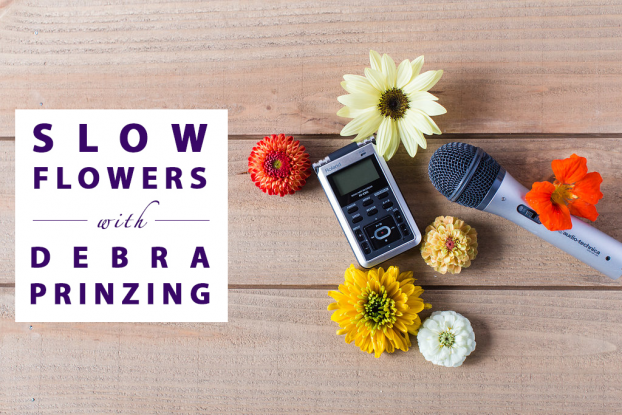
The timing of this podcast’s debut was just a few months after the publication of the book Slow Flowers: Four Seasons of Locally Grown Bouquets from the Garden, Meadow and Farm, when I introduced the first-ever podcast for the floral marketplace. I began to invite guests to share their voices, ideas and inspiration. From domestic flower farmers to designers taking a seasonal and sustainable approach to their floral art, I’ve have pursued unique programming for you.
For 362 consecutive weeks, this has been the podcast you can rely on to bring you stories of American flowers and the people who grow and design with them. This podcast actually pre-dates the launch in May 2014 of Slowflowers.com, the free, nationwide online directory to florists, shops, and studios who design with American-grown flowers and to the farms that grow those blooms. Slowflowers.com began with about 250 members across the U.S. and it has evolved into the Slow Flowers Society with 750 sustaining members across North America, members who, like you, care about making a conscious choice for buying and sending flowers.
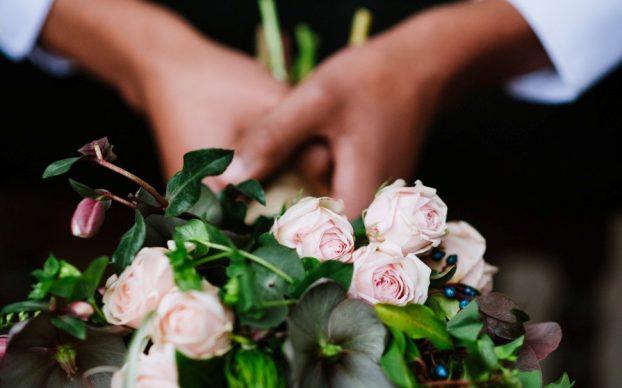
So we have a lot to celebrate and a lot to be grateful for. We’ve shared conversations on topics important to progressive, sustainably-minded floral entrepreneurs and I’m excited to continue the strong momentum as this show is more popular than ever. Episodes have been downloaded by listeners like you more than 625,000 times over the past seven years, and we currently enjoy 10k to 12k monthly downloads. So while metrics aren’t everything, they are one important indicator of the relevance of our content.
I want to pause and thank all of our current Slow Flowers Podcast sponsors, just to remind you that their contributions sustain the production and distribution of this show.
Thank you to:
Association of Specialty Cut Flower Growers
Longfield Gardens
Rooted Farmers
Syndicate Sales
Johnny’s Selected Seeds
Mayesh Wholesale Florist
The Gardener’s Workshop
Florists’ Review

Meet Leah Penniman, Soul Fire Farm
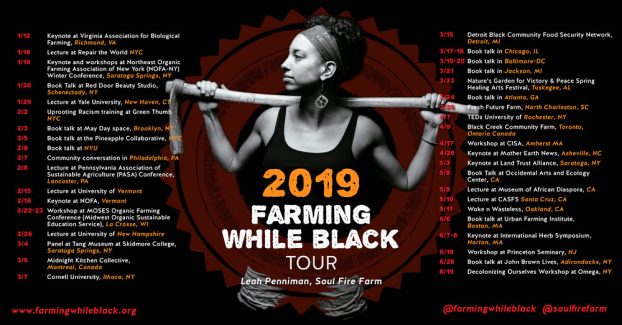
We are in a season of challenge and change, and I want to bring you what I believe is a very special and timely replay episode from our archives. It has always been my goal to produce a fresh new episode every week, and but for a few exceptions, I’ve been able to do so. But with the heightened awareness about the fight against systemic racism and Slow Flowers’ stated commitment to support Black flower farmers and florists, we want to turn the focus on their voices, including revisiting past interviews you may have missed. In the coming months, we want to shine a light on Black pioneers and leaders in the Slow Flowers Community, members and friends. We have several new guests booked for the coming months, but today, I want to re-introduce you to Leah Penniman.
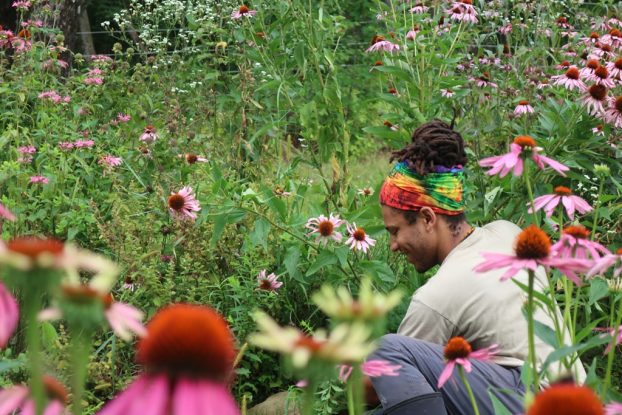
I am so incredibly excited to rebroadcast my January 23, 2019, conversation with Leah as we discussed her new book, “Farming While Black, Soul Fire Farm’s Practical Guide to Liberation on the Land,” published October 2018 by Chelsea Green Publishing.
Leah Penniman is a Black Kreyol educator, farmer, author, and food justice activist from Soul Fire Farm in Grafton, New York. She co-founded Soul Fire Farm in 2011 with the mission to end racism in the food system and reclaim an ancestral connection to land. As co-Executive Director, Leah is part of a team that facilitates powerful food sovereignty programs – including farmer trainings for Black and Brown people, a subsidized farm food distribution program for people living under food apartheid, and domestic and international organizing toward equity in the food system.
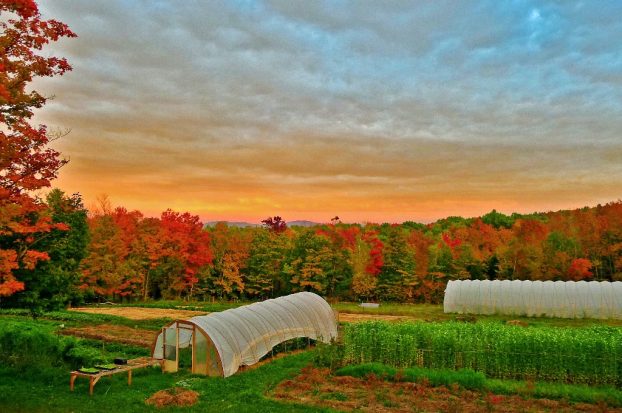
Leah holds an MA in Science Education and BA in Environmental Science and International Development from Clark University. She has been farming since 1996 and teaching since 2002. The work of Leah and Soul Fire Farm has been recognized by the Soros Racial Justice Fellowship, Fulbright Program, Omega Sustainability Leadership Award, Presidential Award for Science Teaching, NYS Health Emerging Innovator Awards, and Andrew Goodman Foundation, among others. All proceeds from the sale of Farming While Black will be used to support Black Farmers.
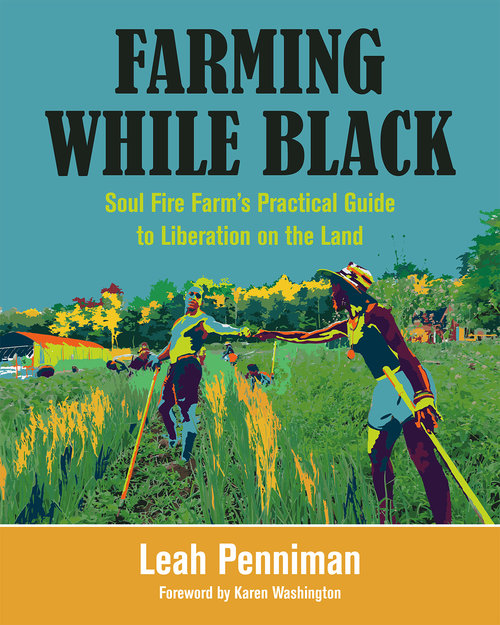
Soul Fire Farm is a Black, indigenous, and people of color–centered community farm committed to ending racism and injustice in the food system. Soul Fire Farm raises and distributes life-giving food as a means to end food apartheid.
With deep reverence for the land and wisdom of ancestors, the farm works to reclaim its collective right to belong to the earth and to have agency in the food system.
Soul Fire brings diverse communities together on its healing land to share skills on sustainable agriculture, natural building, spiritual activism, health, and environmental justice. Leah and her colleagues are training the next generation of activist-farmers and strengthening the movements for food sovereignty and community self-determination.
Please buy this book and educate yourself about the Black farming community.
Thanks so much for joining my conversation with Leah Penniman of Soul Fire Farm and Farming While Black, originally broadcast as Episode 385 on Wednesday, January 23, 2019. As I mentioned in the interview, Farming While Black is required reading for all farmers, and for anyone who wants to have a deeper insight into the racism and injustice in our country’s agricultural history. I highly recommend it — Leah’s passion and spirit jumps off the page as she inspires, informs, instigates and shares her important life’s work as well as her incredibly smart farming advice.
I invited Leah to return to the Slow Flowers Podcast this week and give us an update about Soul Fire Farm’s work, but due to the demands of farming and activism, her schedule didn’t work with ours. I’m grateful that Soul Fire Farm sent us an extensive list of new resources and action items to help the Slow Flowers Community get more involved in social justice work to support Black-owned farms.
Their message read as follows: We are humbled by the outpouring of support we have received from you in the last couple weeks, instilling us with hope for a more just future amidst the grief we feel about the continued legacy of anti-Black police violence in our nation.
Here is a list of action steps you can take right now.
- Call your congressperson and tell them to end the war on Black lives
- Check out the declaration we wrote in response to the recent wave of anti-Black police murders that contains links to many resources and calls for actions
- Donate to projects on the Reparations Map for Black-Indigenous Farmers
- Learn more at http://www.soulfirefarm.org/thank-you-for-the-outpouring-of-support/
Additional resources:
FAQ page
Food and Land Sovereignty Resource List for Covid-19
BIPOC-led How To Videos, Gardening Projects, and Online Learning Resources
As a show of support from the Slow Flowers Podcast, we have made a $250 donation to Soul Fire Farm and sent Leah and her team a one-year membership in Slow Flowers. We are eager to learn and listen — and I invite you to join me in this important endeavor.
As our movement gains more supporters and more passionate participants who believe in the importance of the American cut flower industry, the momentum is contagious. I know you feel it, too. I value your support and invite you to show your thanks and with a donation to support my ongoing advocacy, education and outreach activities. You can find the donate button in the column to the right.
I’m Debra Prinzing, host and producer of the Slow Flowers Podcast. Next week, you’re invited to join me in putting more American grown flowers on the table, one vase at a time. And If you like what you hear, please consider logging onto iTunes and posting a listener review.
The content and opinions expressed here are either mine alone or those of my guests alone, independent of any podcast sponsor or other person, company or organization.
The Slow Flowers Podcast is engineered and edited by Andrew Brenlan. Learn more about his work at soundbodymovement.com.
Music Credits:
Bombadore; Skyway (acoustica); Gaena
by Blue Dot Sessions
http://www.sessions.blue
Lovely by Tryad
http://tryad.bandcamp.com/album/instrumentals
http://creativecommons.org/licenses/by-sa/3.0/
In The Field; Acoustic Shuffle
audionautix.com









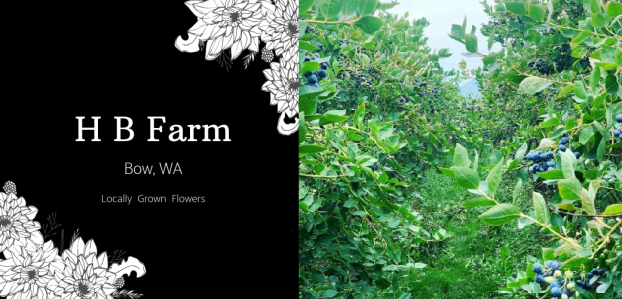
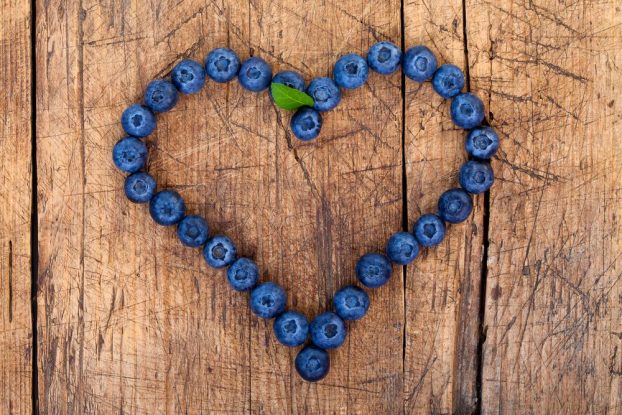
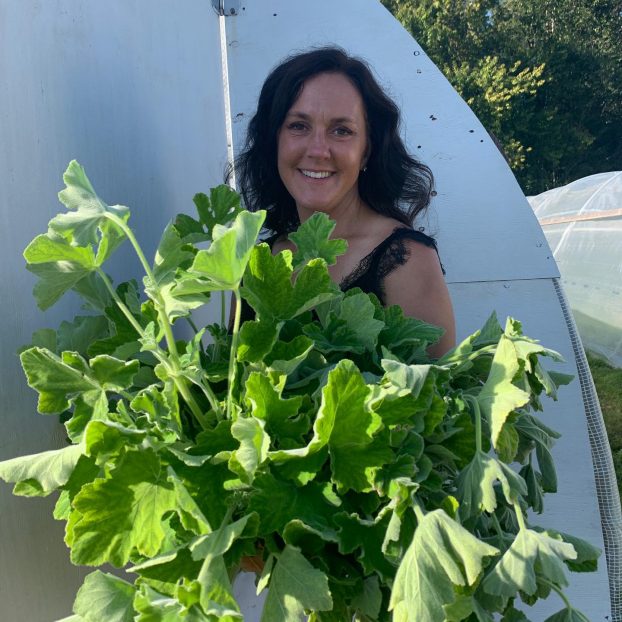
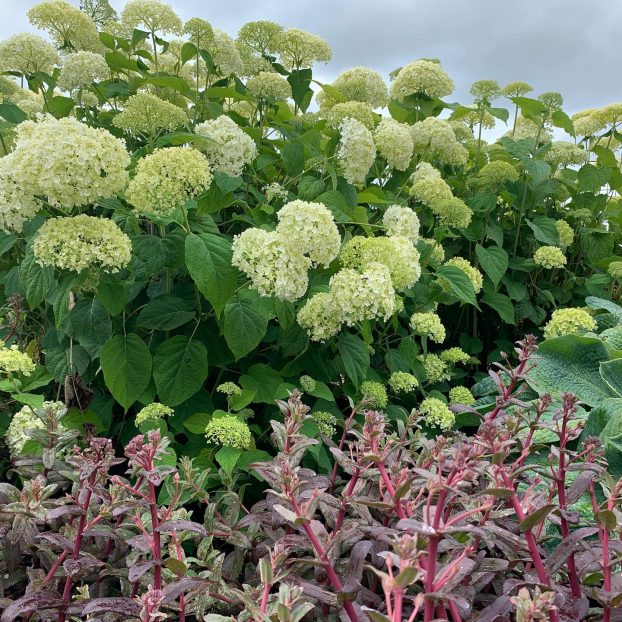
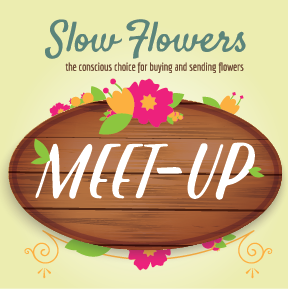
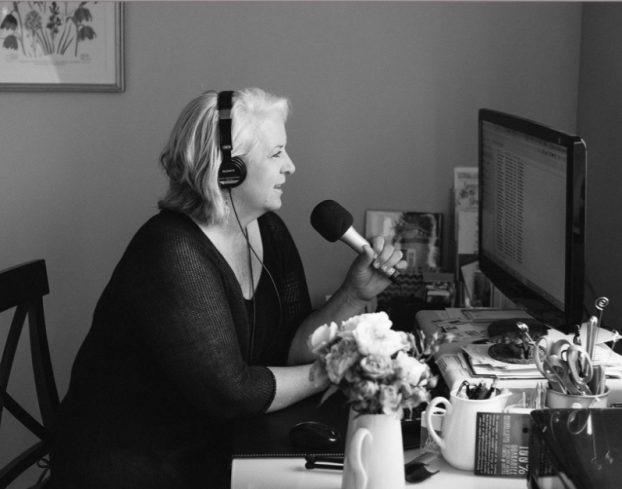
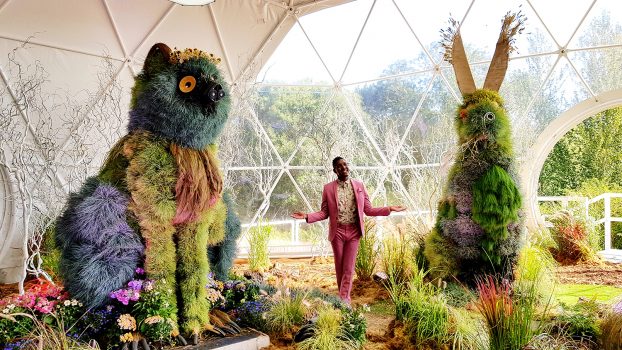
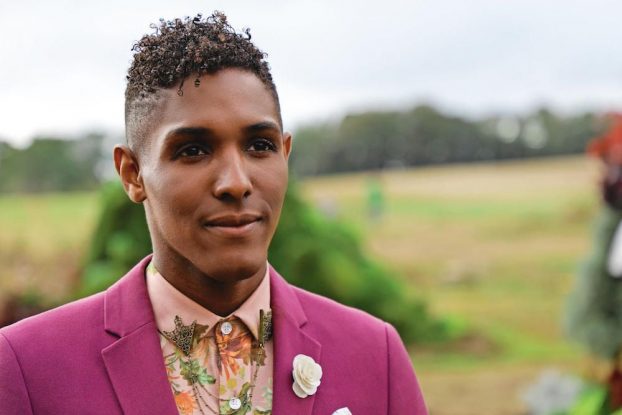
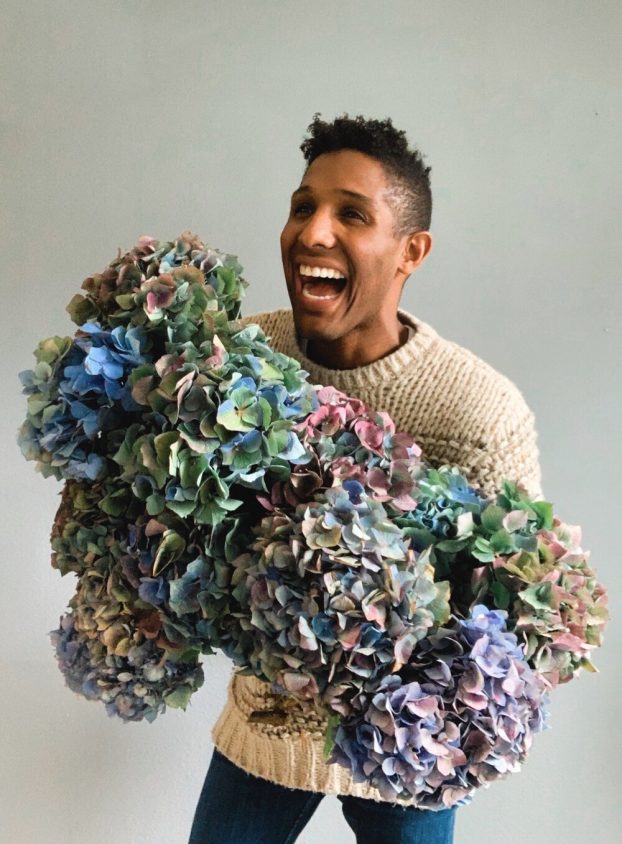
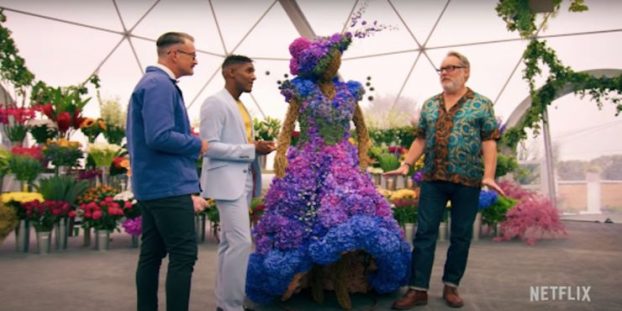
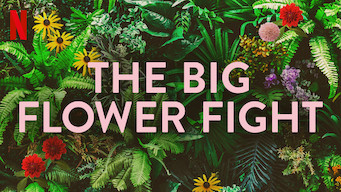
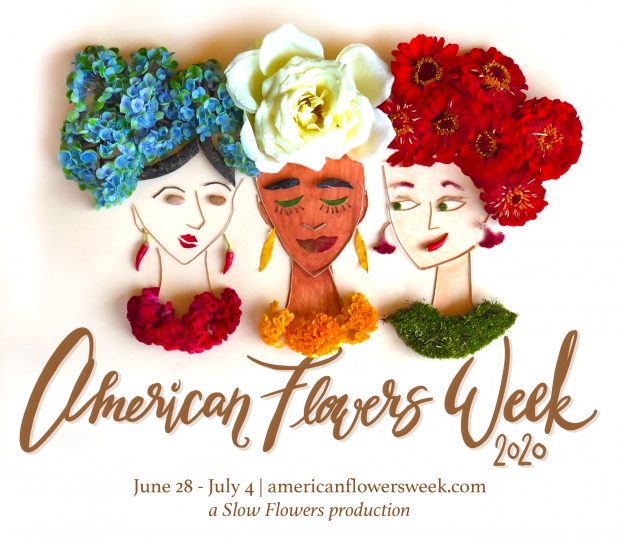
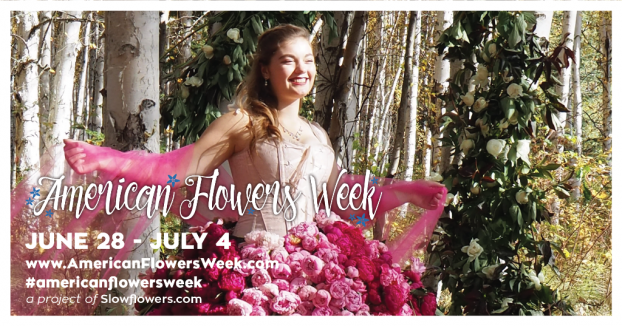
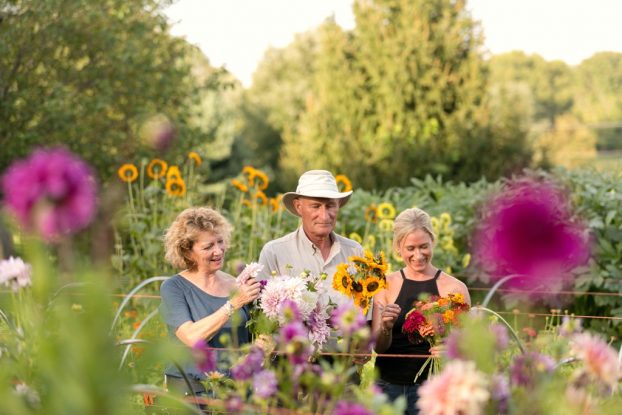
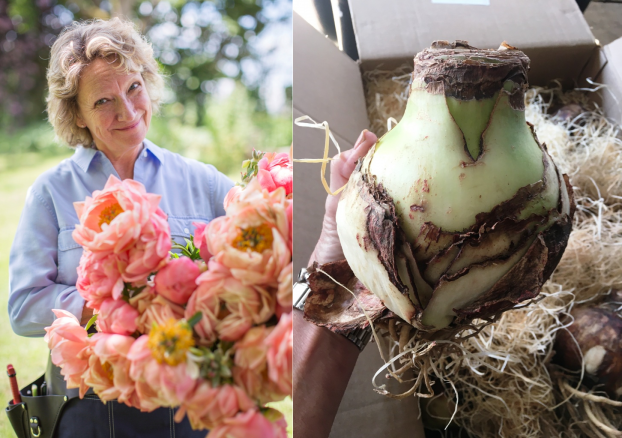
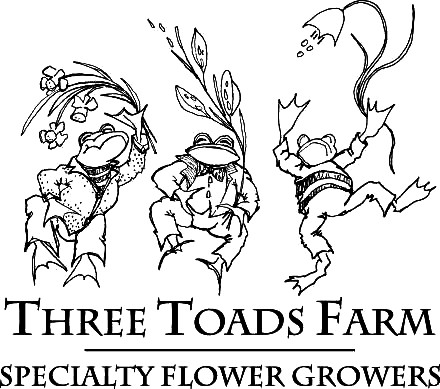
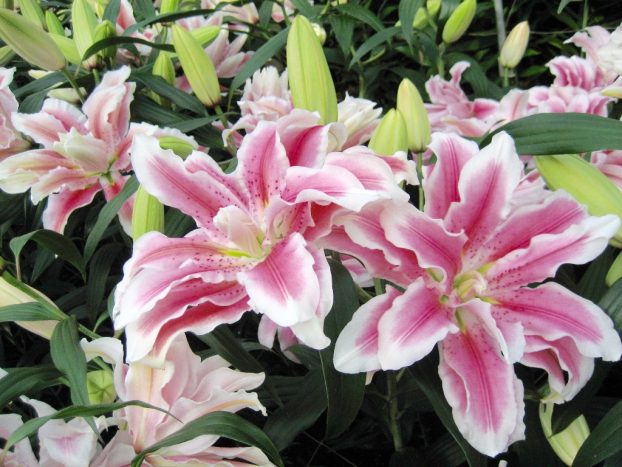
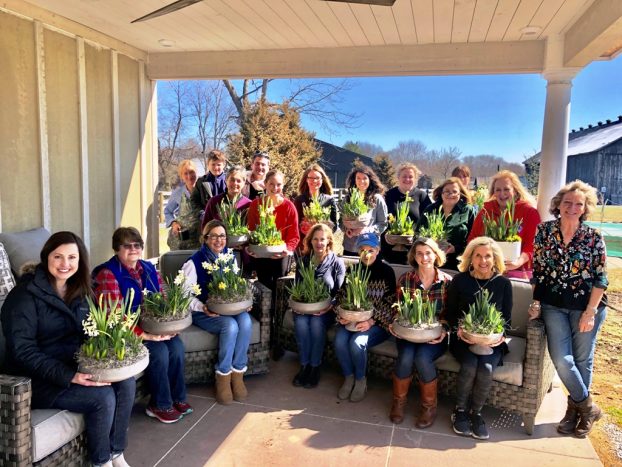
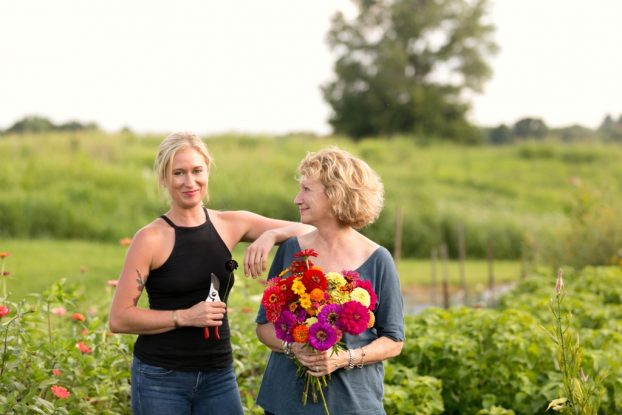
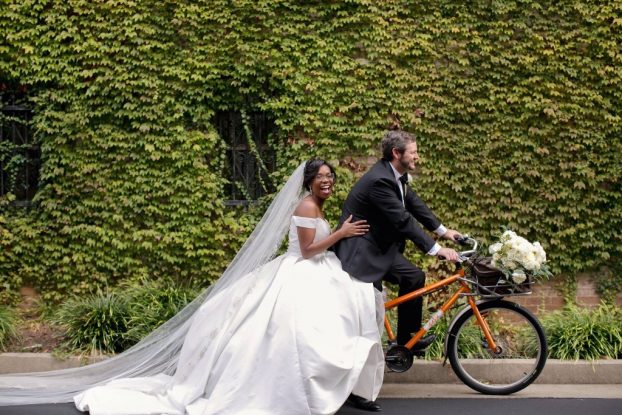
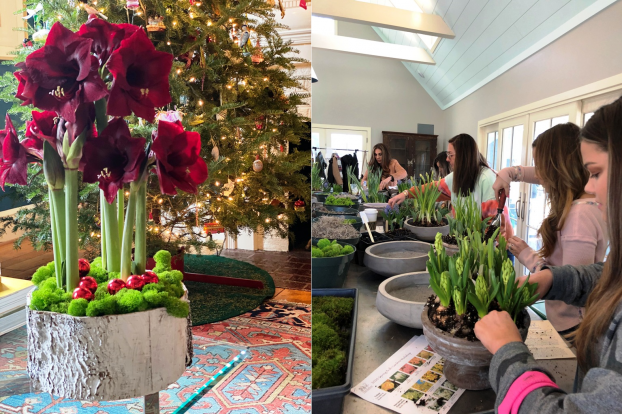
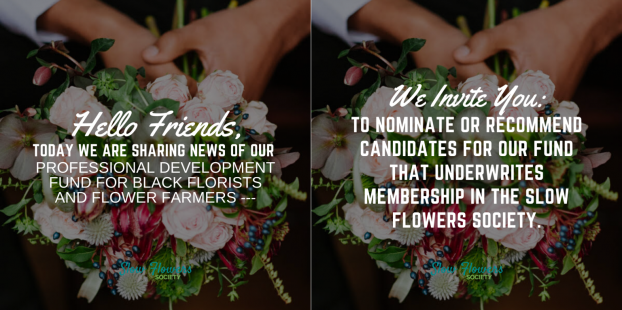
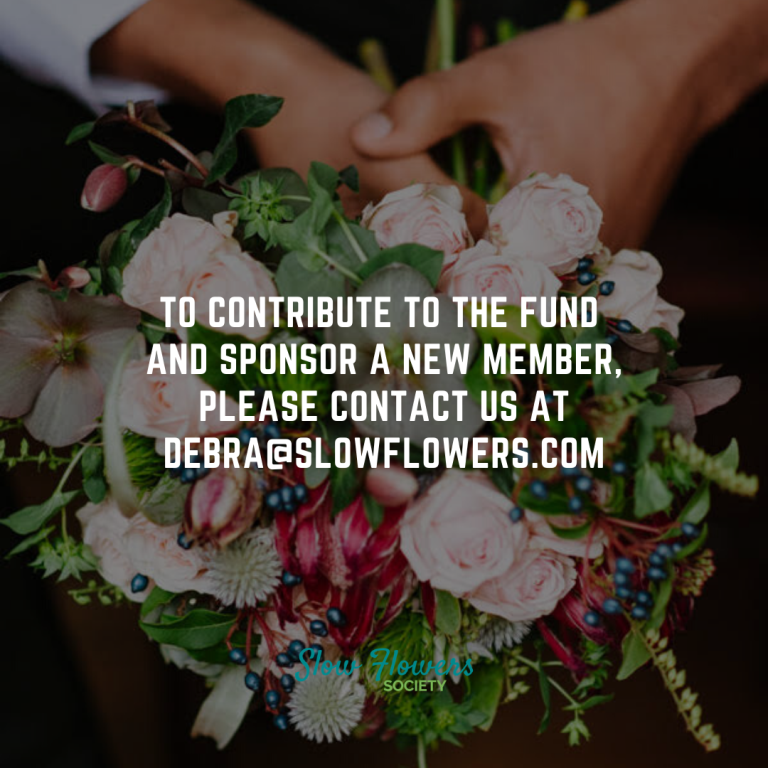 Thanks so much for joining today’s conversation. Last week, I announced the establishment of a Professional Development Fund to grow our membership of Black flower farmers and florists. This is an intentional step to ensure that Slow Flowers is more representational and inclusive. I want to think our first two contributors, Lisa Waud of Lisa Waud Botanical Artist and author Jennifer Jewell, host of the popular public radio program Cultivating Place.
Thanks so much for joining today’s conversation. Last week, I announced the establishment of a Professional Development Fund to grow our membership of Black flower farmers and florists. This is an intentional step to ensure that Slow Flowers is more representational and inclusive. I want to think our first two contributors, Lisa Waud of Lisa Waud Botanical Artist and author Jennifer Jewell, host of the popular public radio program Cultivating Place.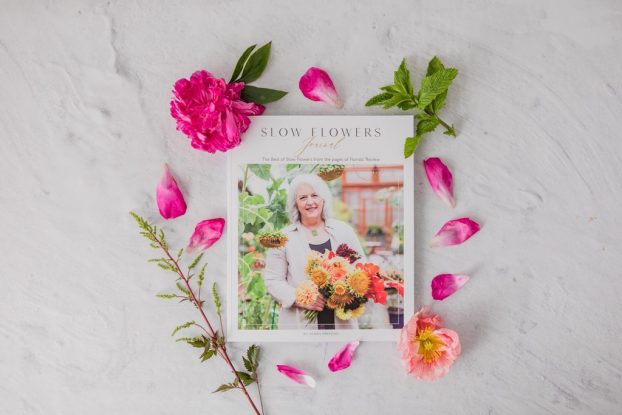
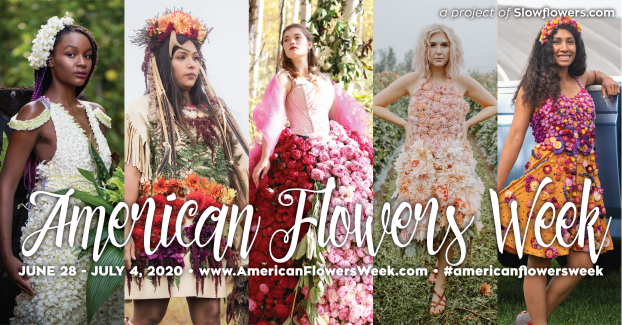
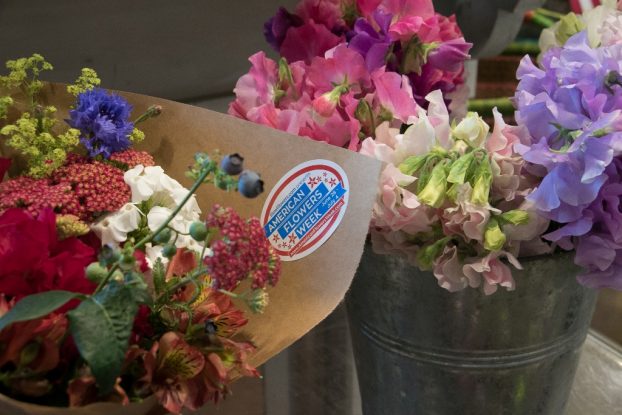

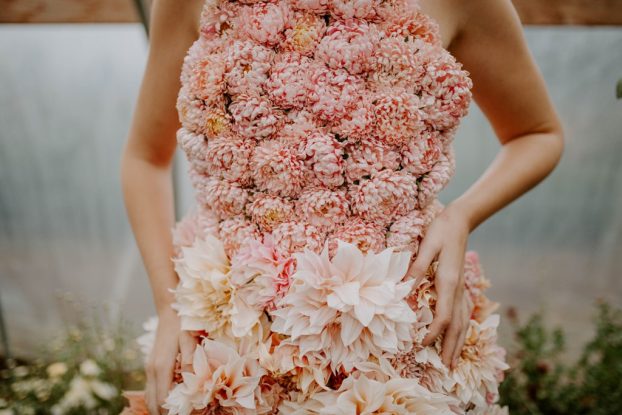
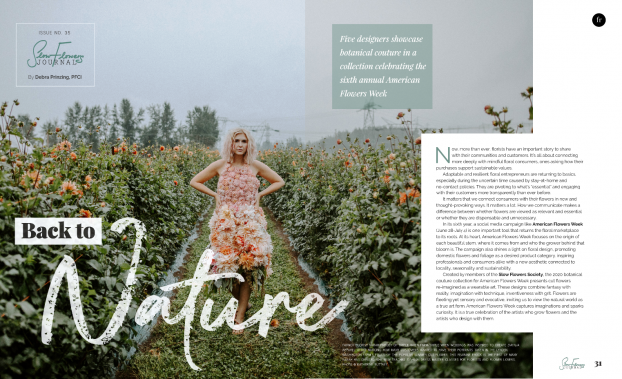
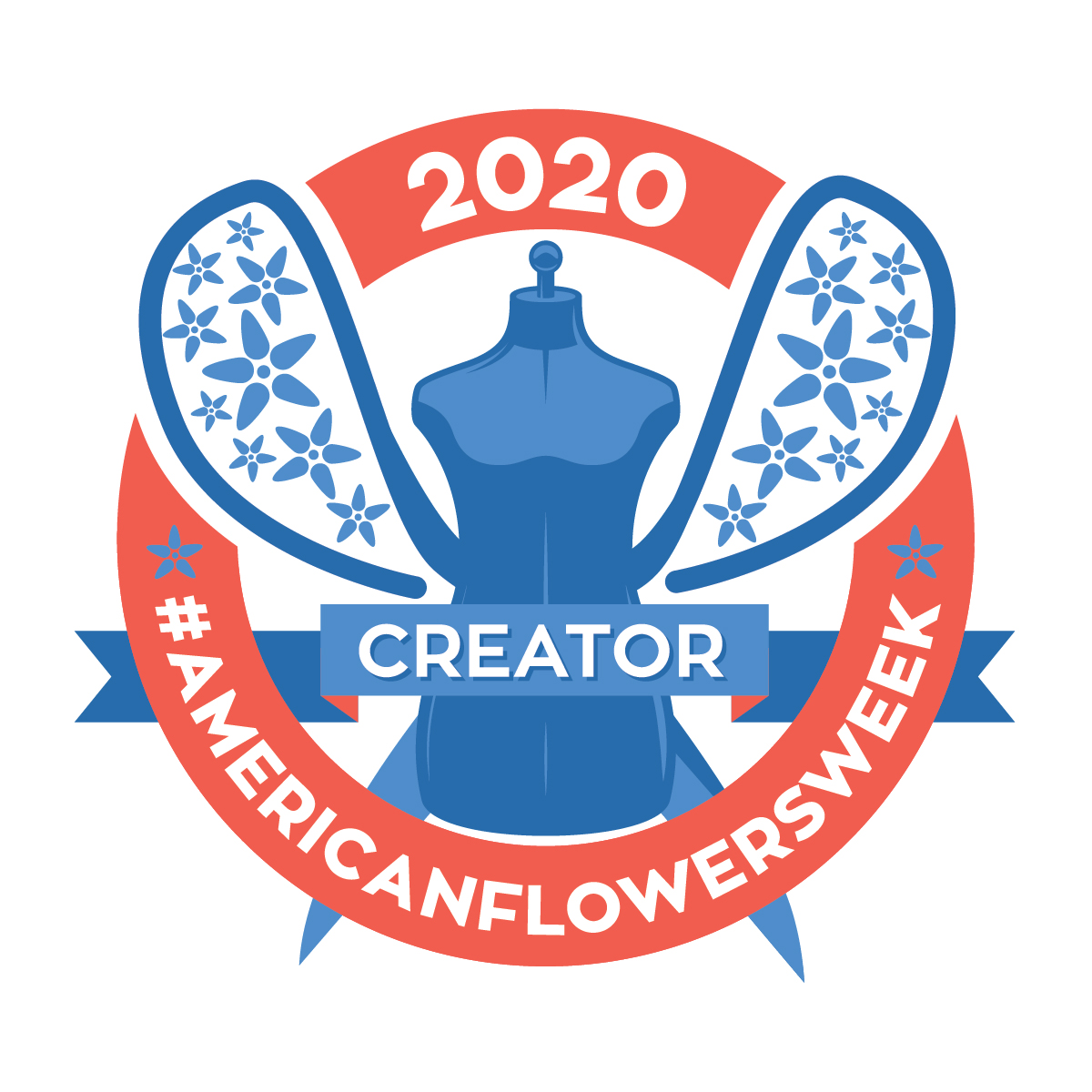 At its heart, American Flowers Week focuses on the origin of each beautiful stem, where it comes from and who is the grower behind that bloom. The campaign also shines a light on floral design, promoting domestic flowers and foliage, inspiring professionals and consumers alike with a new aesthetic connected to locality, seasonality and sustainability.
At its heart, American Flowers Week focuses on the origin of each beautiful stem, where it comes from and who is the grower behind that bloom. The campaign also shines a light on floral design, promoting domestic flowers and foliage, inspiring professionals and consumers alike with a new aesthetic connected to locality, seasonality and sustainability.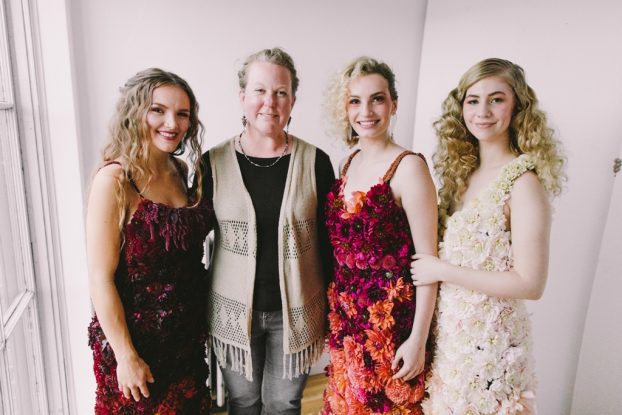
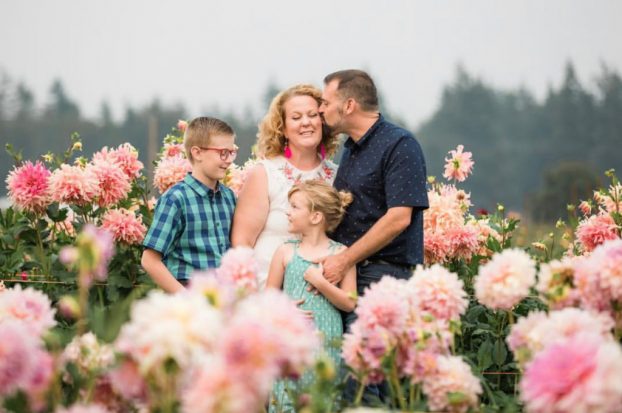
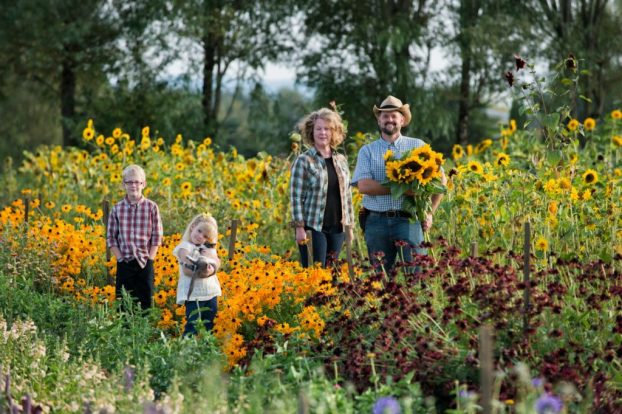
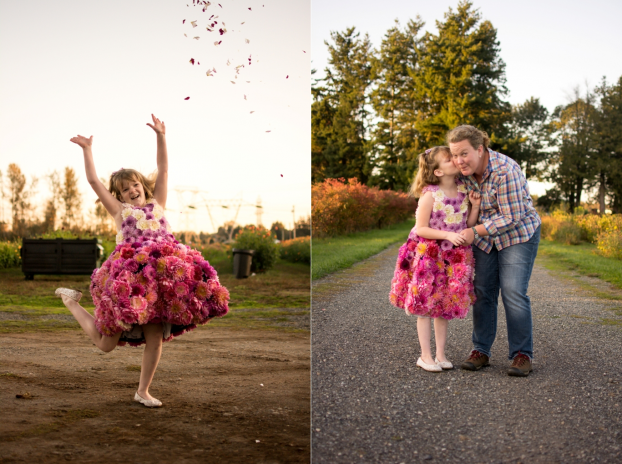
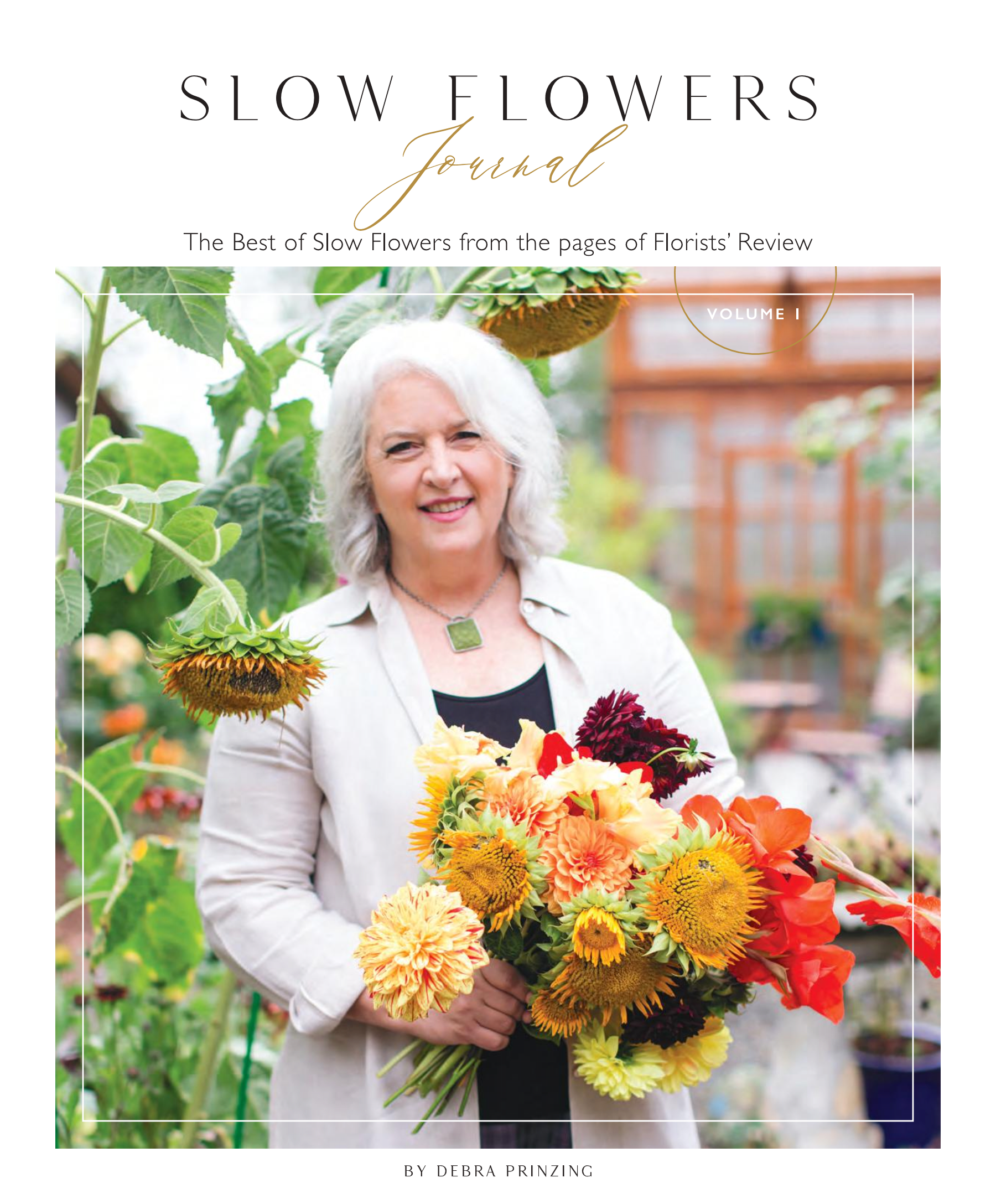 Eighty Slow Flowers members are featured in its pages and we will share a big reveal of this beautiful, 128-page book, published by our partners at Wildflower Media/Florists’ Review.
Eighty Slow Flowers members are featured in its pages and we will share a big reveal of this beautiful, 128-page book, published by our partners at Wildflower Media/Florists’ Review. 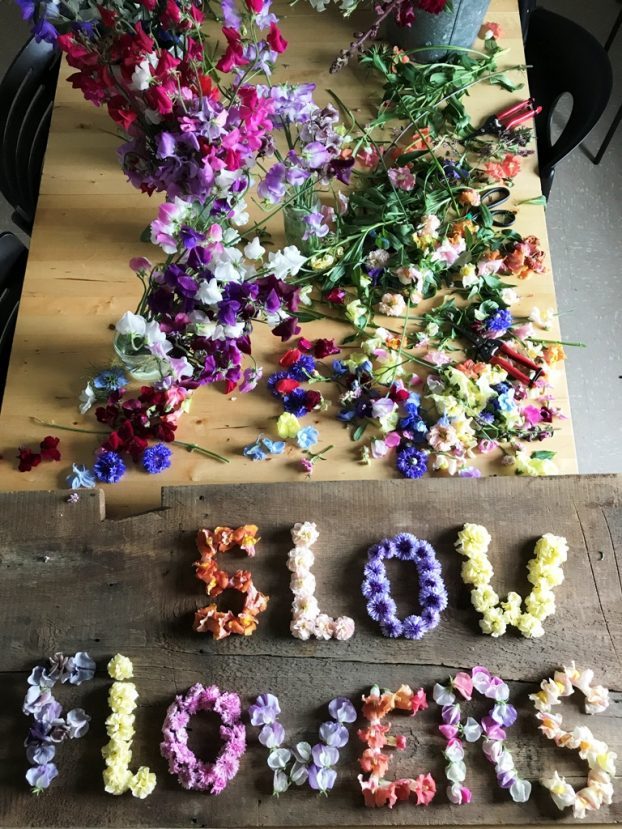
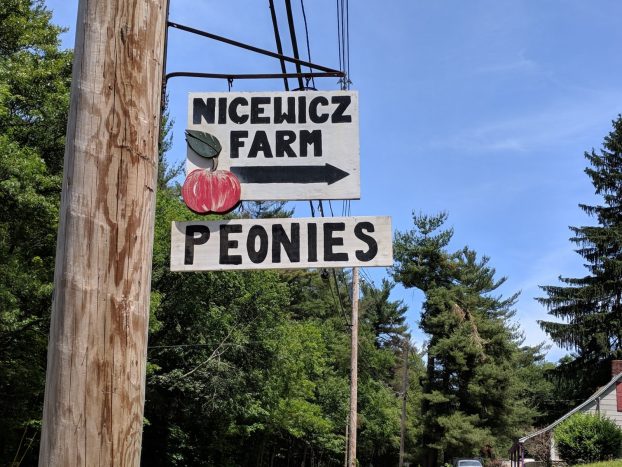
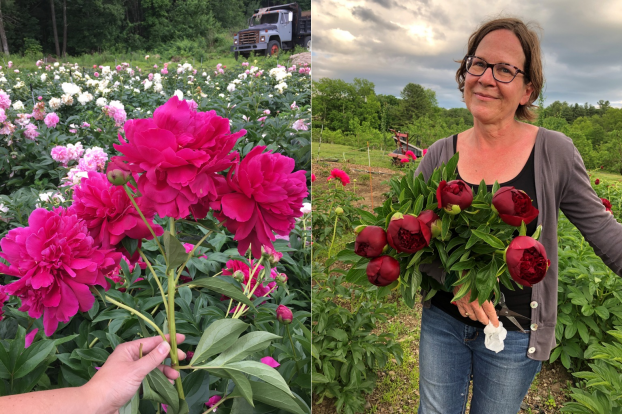
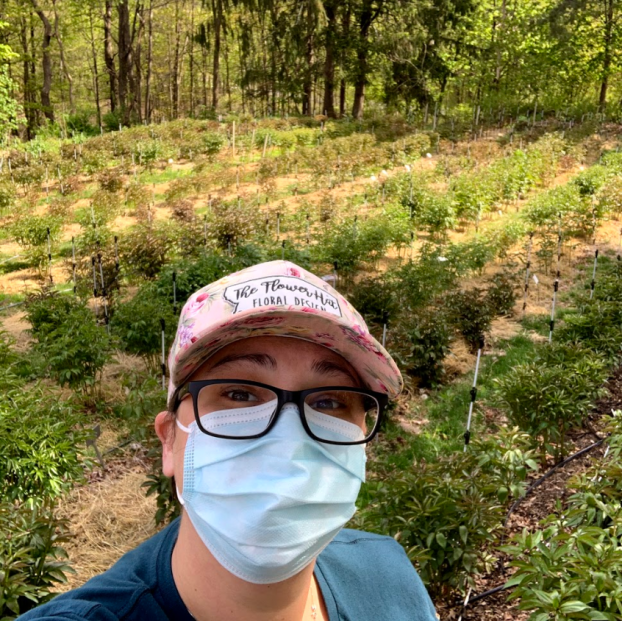
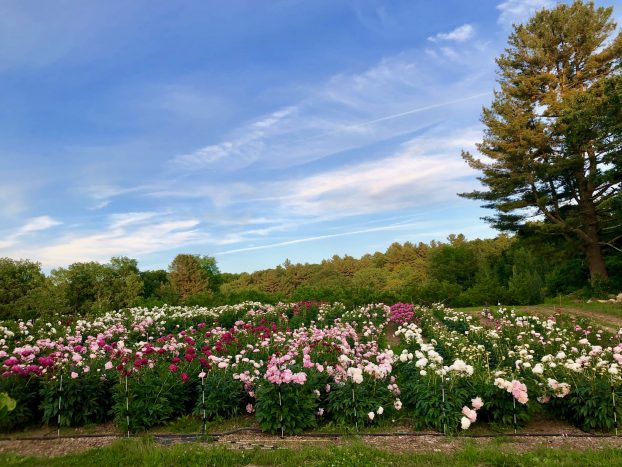
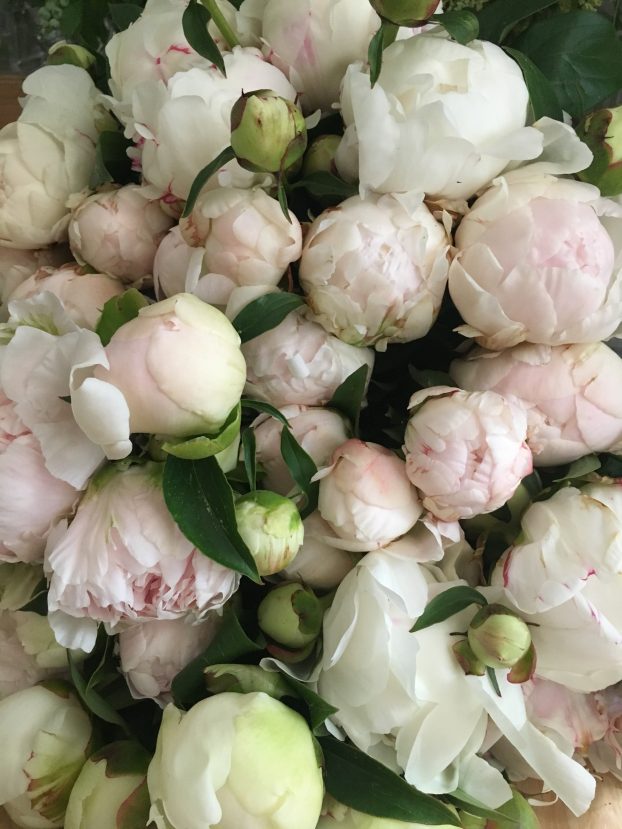
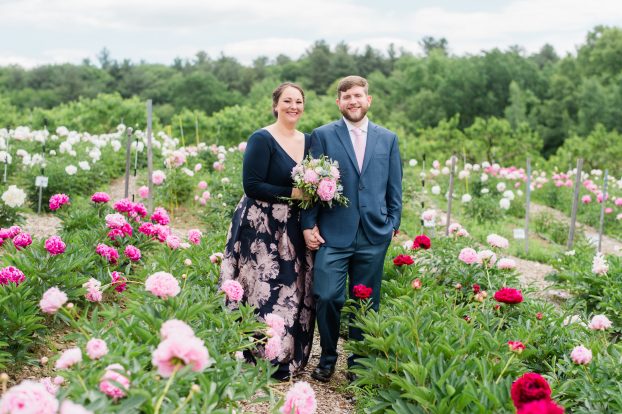
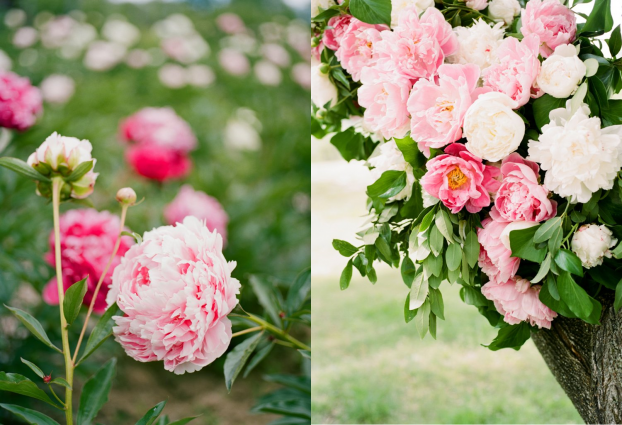
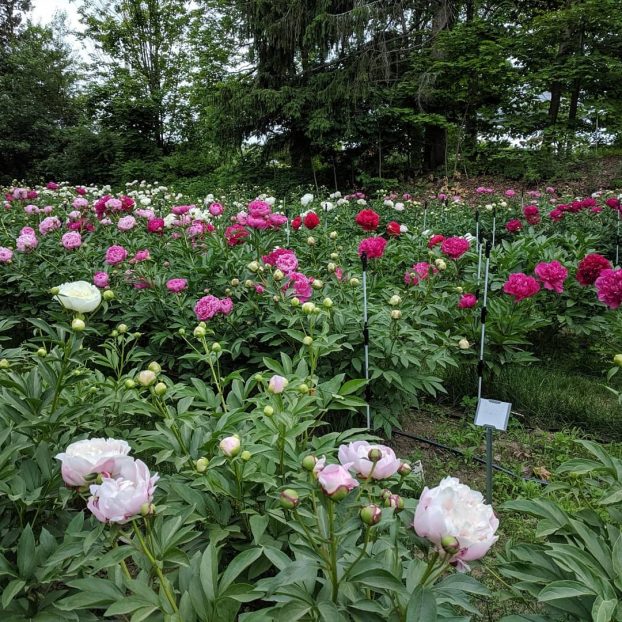
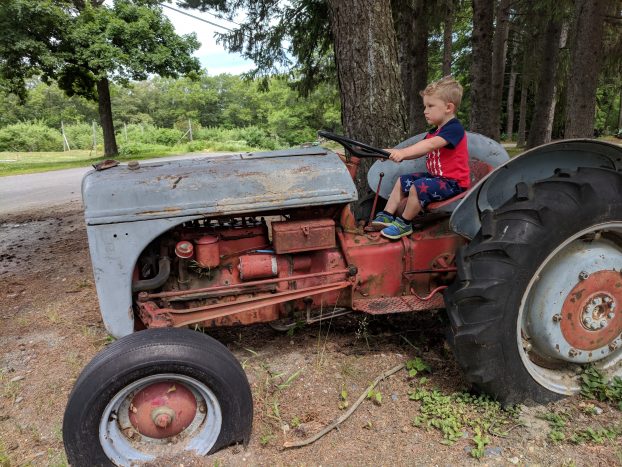
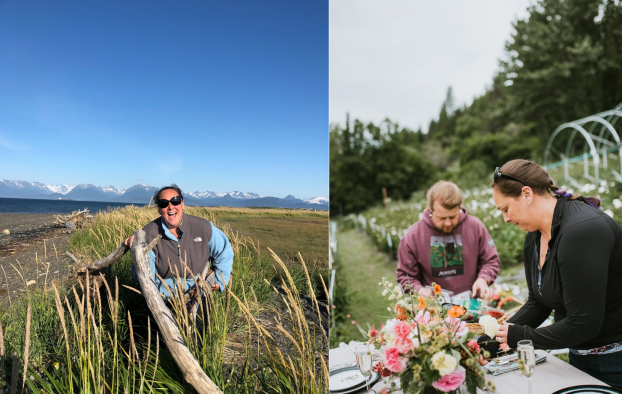
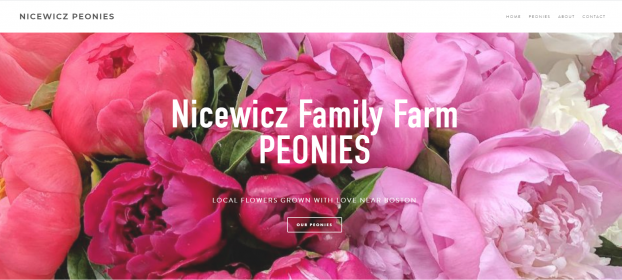
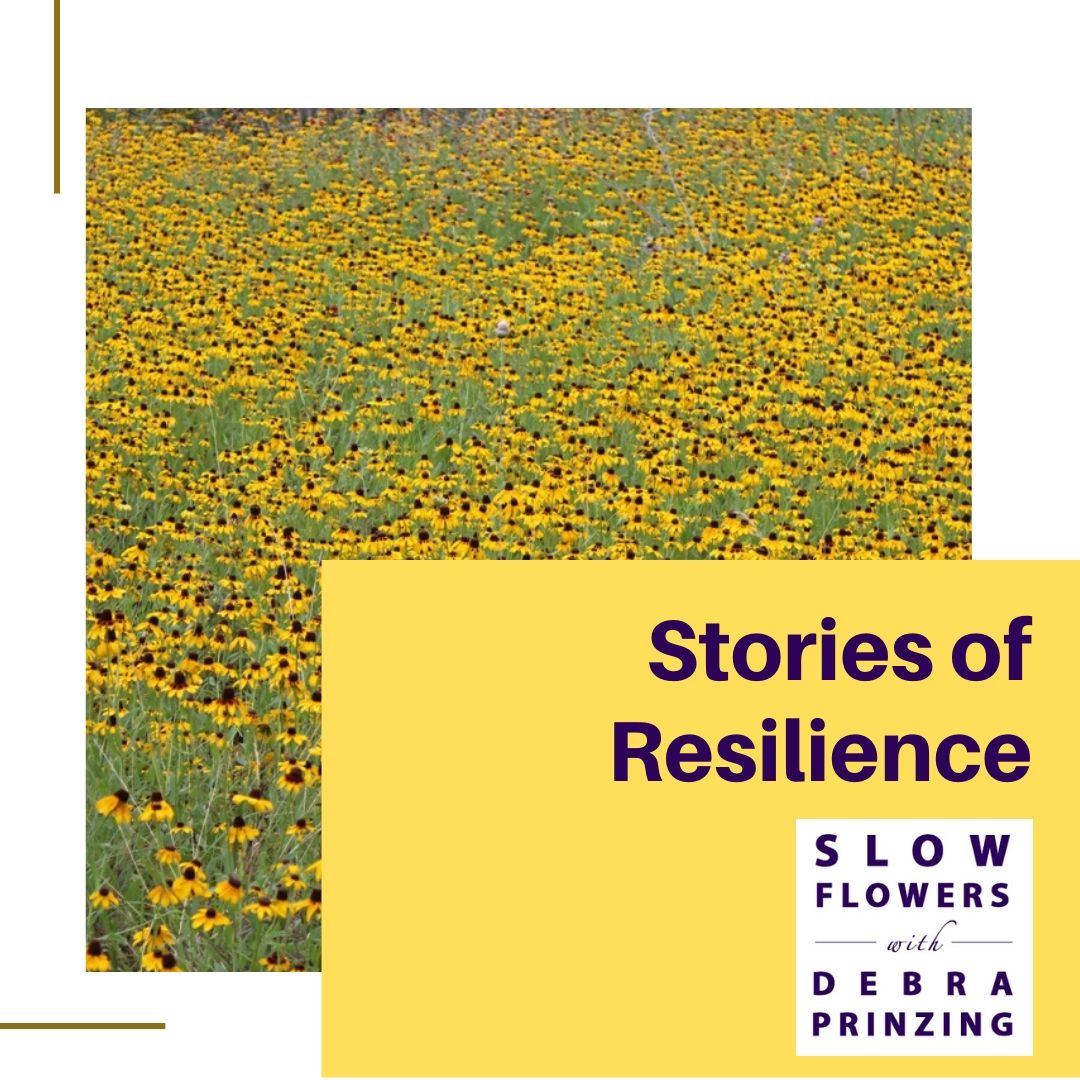 Thanks so much for joining today’s conversation. Since early April, I’ve been featuring Slow Flowers member voices in the ongoing “Stories of Resilience” series here on the podcast. I don’t know what I was thinking when I started, telling myself “oh, we’ll do this for a few months until things get back to ‘normal,'” and then it will wrap up. Well . . . I clearly did not have the right crystal ball to gaze into the future, friends.
Thanks so much for joining today’s conversation. Since early April, I’ve been featuring Slow Flowers member voices in the ongoing “Stories of Resilience” series here on the podcast. I don’t know what I was thinking when I started, telling myself “oh, we’ll do this for a few months until things get back to ‘normal,'” and then it will wrap up. Well . . . I clearly did not have the right crystal ball to gaze into the future, friends.